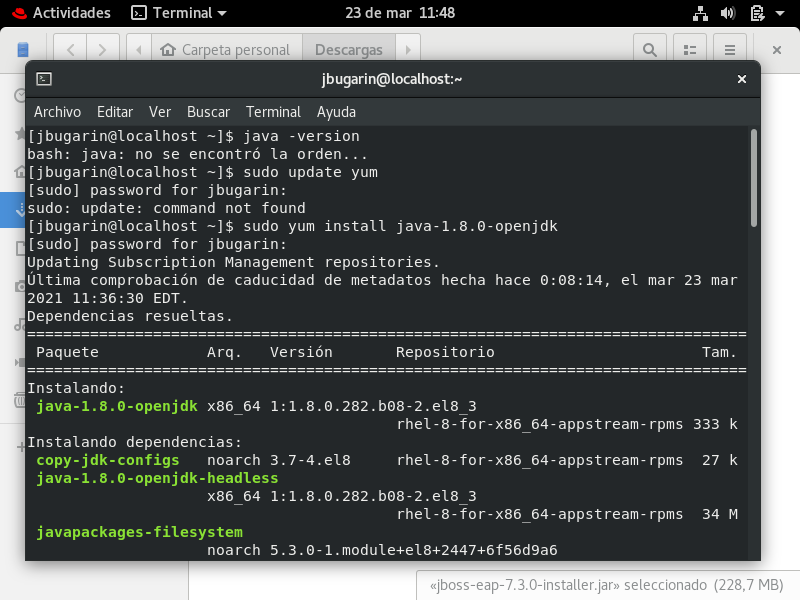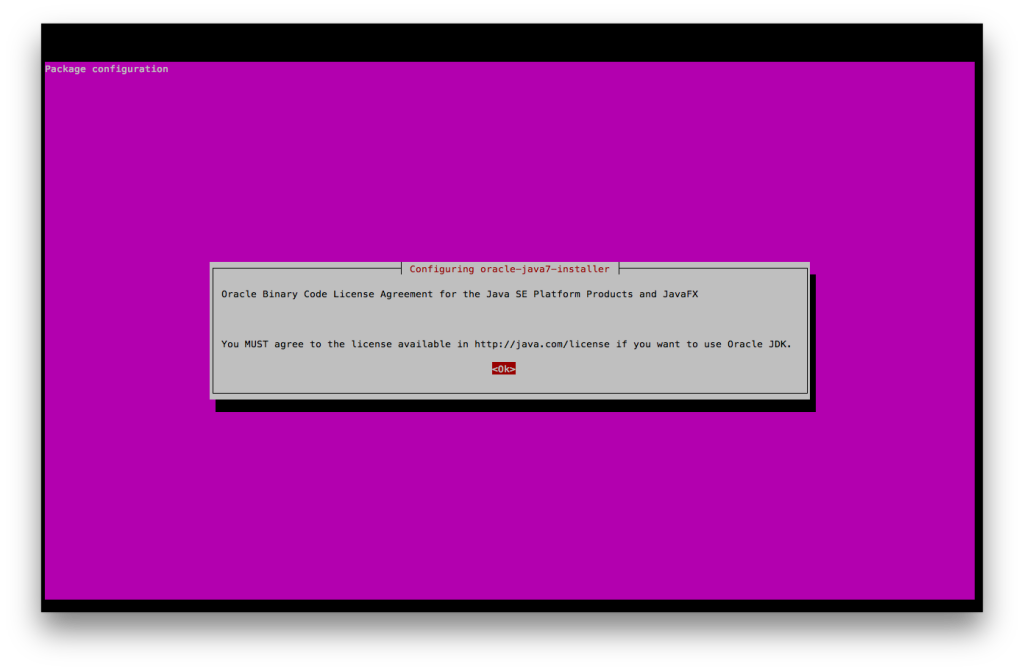
The Java TCK is a complex suite of tools and documentation that verifies that Java implementations conform to the Java specification.
#REDHAT OPENJDK SUPPORT CODE#
All of the code that makes this possible has been made available to the IcedTea project so everyone can benefit from the work.
#REDHAT OPENJDK SUPPORT FREE#
As of writing, Fedora 9 is the only operating system to include a free and open Java SE 6 implementation that has passed the Java TCK. This means that it provides all the required Java APIs and behaves like any other Java SE 6 implementation – in keeping with the portability goal of the Java platform. This week the IcedTea Project reached an important milestone - the latest OpenJDK binary included in Fedora 9 (x86 and x86_64) passes the rigorous Java Test Compatibility Kit (TCK). The IcedTea Project made use of previous work developed under the GNU Classpath Project which had been independently driving towards a free and open implementation of the Java class libraries. That in turn would allow OpenJDK to be included in Fedora and other Linux distributions without restrictions.
#REDHAT OPENJDK SUPPORT SOFTWARE#
In June, 2007, Red Hat launched the IcedTea project with the goal of making OpenJDK usable without requiring any other software that is not free. So, who would step up to the challenge of making Java truly free and open? And rallied the FOSS and Java communities to …work together to replace that code with free software Richard Stallman described the encumbered code as the one last obstacle remains in liberating JDK and disarming the Java Trap completely. What was less newsworthy was the fact that on release – OpenJDK still relied on code that was encumbered – between four and five percent of the code was closed, non free source that Sun didn’t own. The size of the task (6.5 million lines of code) was only eclipsed by the size of the opportunity for Java as a free and open technology.Īt JavaOne in May 2007, Sun announced that the work was largely completed and so OpenJDK was launched. Note: The cleaner thread switches to use the cleaner.shortInterval attribute value when the thread detects native PKCS11 references in the clearing queue.At JavaOne in May 2006, Sun Microsystems announced they were going to release Java as free software under the terms of the GPL. The attribute defines the frequency that a cleaner thread checks the clearing queue for native PKCS11 references during non-busy periods of time. Note: The cleaner thread switches to use the cleaner.longInterval attribute value if no native PKCS11 references exist in the clearing queue and the cleaner thread attempts the removal process on the queue more than 200 times.ĭefaults to 60000 milliseconds (ms). The attribute defines the frequency that a cleaner thread removes no-longer-needed native PKCS11 references from the clearing queue to free native memory. This renders the SunPKCS11 provider unusable after execution of logout() method calls, so do not add the PKCS11 to the system provider list.ĭefaults to 2000 milliseconds (ms). If set to true, when an application invokes the logout() method of the SunPKCS11 provider instance, the underlying token object is deleted by the SunPKCS11 provider instance and resources are released.

The SunPKCS11 provider must use its native resources to work with native PKCS11 libraries.ĭefaults to false.

The SunPKCS11 provider includes configuration attributes that enhance the usage of native resources, such as key objects. SunPKCS11 provider configuration attributes Use the modutil tooling in RHEL to manage NSS DB keys. You can locate the NSS DB repository at /etc/pki/nssdb. As a result, the keystore.type security property is set to PKCS11.
With FIPS mode, OpenJDK uses the NSS DB as a read-only PKCS#11 store for keys. Use the update-ca-trust tooling from RHEL to manage certificates in a consistent way. You can locate this repository at /etc/pki/java/cacerts. OpenJDK uses the global Trust Anchor certificates repository when in FIPS mode. This occurs when a FIPS-compliant implementation is not available in the NSS library or when it is not supported in OpenJDK’s SunPKCS11 security provider.

A crypto-policies approved algorithm might not be usable in OpenJDK’s FIPS mode.


 0 kommentar(er)
0 kommentar(er)
